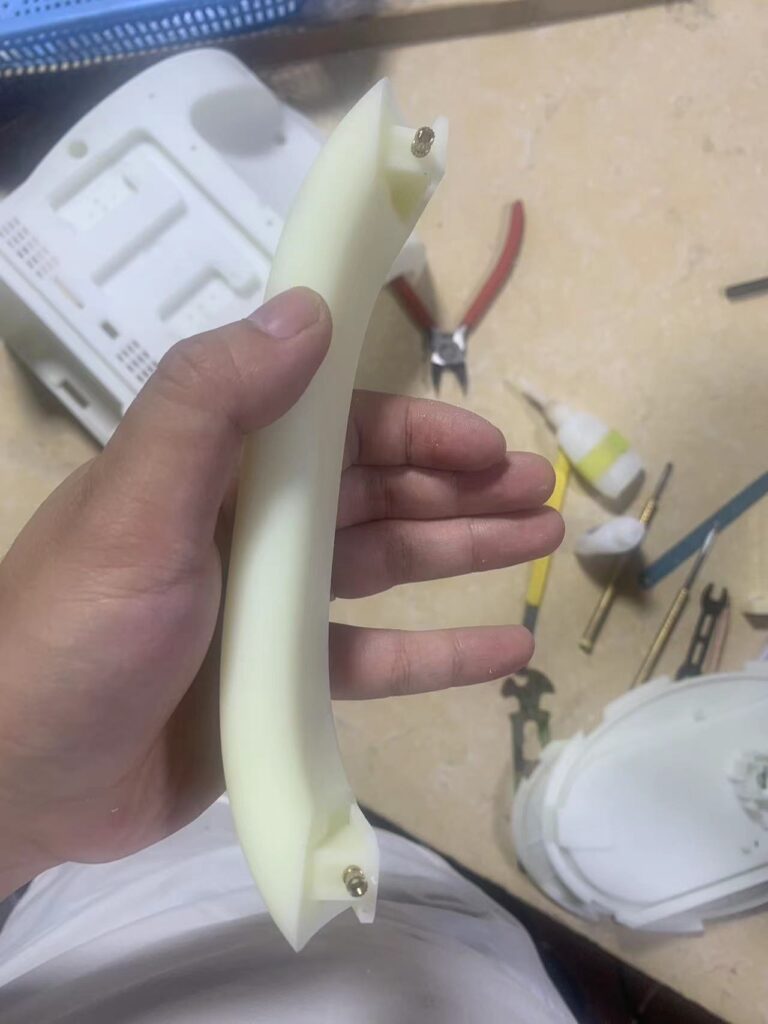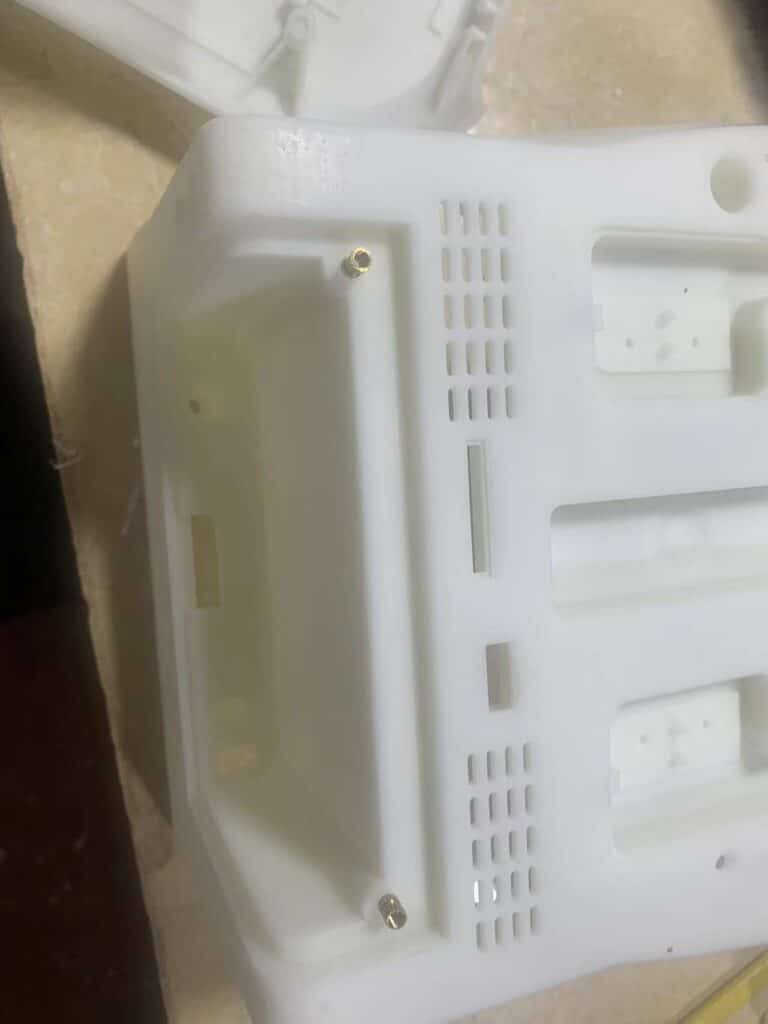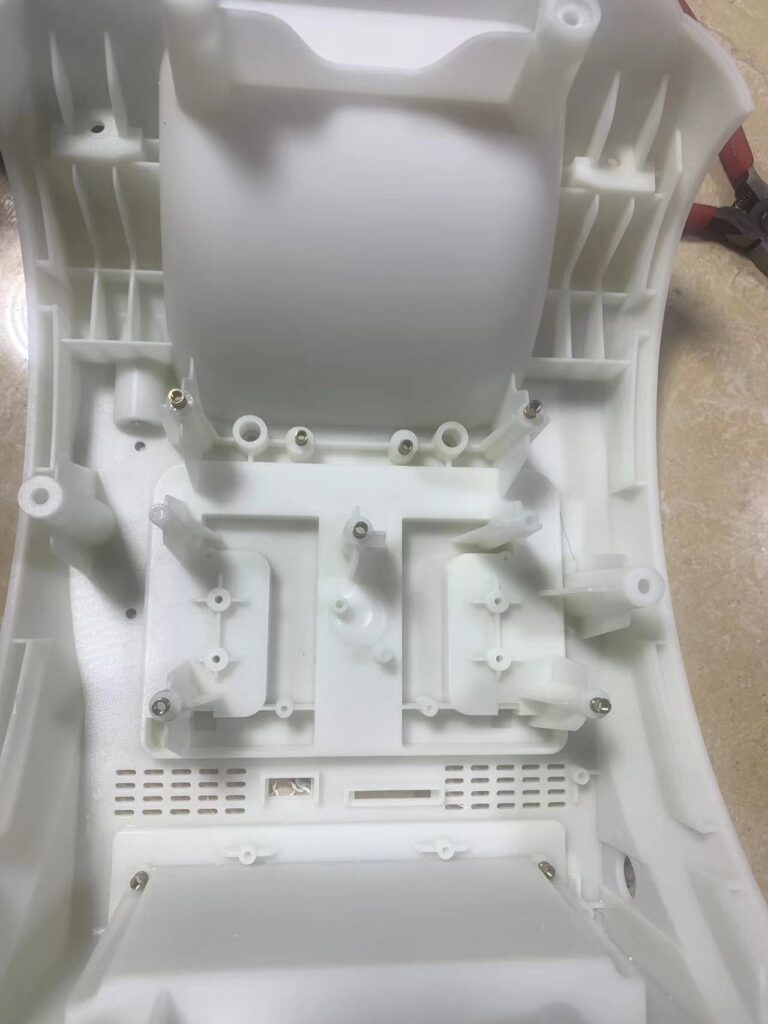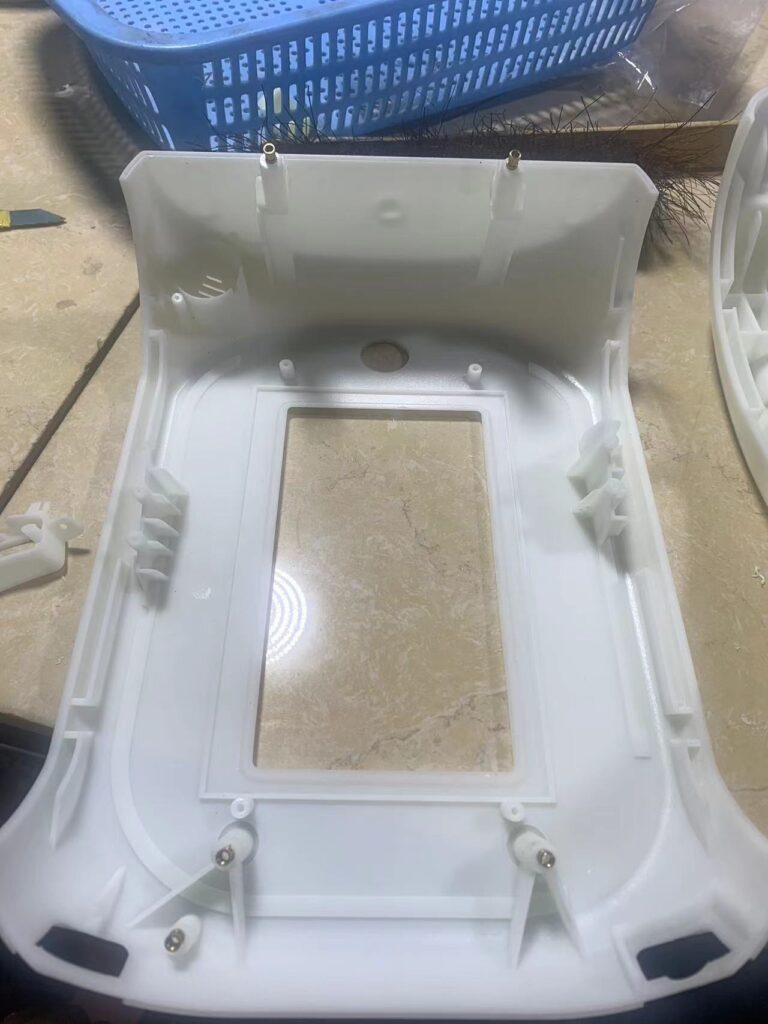Customization Trends in Injection Molding: A 2024 Guide
Injection Molding: Evolving Toward Speedy Prototyping and Customization
As customer expectations evolve, manufacturers are trying to become more adaptable, utilizing the latest technology to stay ahead. This article explores the latest changes, concerns, and opportunities in custom-designed injection molding.
The Rise of Personalized Products
There isn’t a universal size that fits all. People desire exclusive items that reflect their individual needs and preferences. This demand has triggered an explosion of creativity in the field of injection molding, prompting manufacturers to rethink their manufacturing processes.
Why Adaptation Is Important
Tailoring isn’t just for fashion; it’s now a vital aspect of business growth. Here’s why:
- Enhanced Customer Satisfaction: Custom-designed products lead to happier customers who feel their requirements are met.
- Building Brand Loyalty: Personalized experiences encourage customers to remain loyal to brands.
- High Profit Margins: Exclusive items can command higher prices, increasing profits.
- Competitive Advantages: Companies that quickly respond to customer needs gain an edge in the market.
Companies that can swiftly adapt to changes in customer needs have experienced significant growth. They are not just selling products; they are offering services.
Rapid Prototyping: Speeding Up the Design Process
finished vacuum casting model
final assembly
The days of lengthy product development cycles are over. Rapid prototyping is revolutionizing injection molding, making it easier to speed up the testing process.
Advantages of Rapid Prototyping in Injection Molding
- Reduced Time to Market: Products can be designed and released faster.
- Cost-effective Design Changes: Modifying designs during the prototype phase is less expensive.
- Better Quality of Product: Early testing leads to improved product quality.
- Enhanced Design Flexibility: Companies can quickly explore multiple design options.
With rapid prototyping, companies can assess a range of ideas swiftly. This is crucial in industries where innovation is essential.
Technologies Driving Customization in Injection Molding
To meet the growing demand for personalized products, companies are adopting modern technologies. Here are some of the latest innovations:
- 3D Printing for Mold Creation: 3D printing has revolutionized mold making, enabling rapid creation of intricate designs.
- Modern Computer-Aided Design Software: These programs allow for precise design changes and mold optimization.
- Smart Manufacturing and Industry 4.0: Integrating advanced technology enables real-time monitoring and automated quality control.
This technology allows for greater flexibility and faster responses to customization requests.
Challenges of Implementing Personalization
Despite the evident benefits of personalization, businesses face several challenges:
- Price of Investment: Upgrading technology may require substantial funds.
- Training Staff: Employees need training to effectively use the latest technology.
- Controlling Production Complexity: Customization can complicate production processes.
- Balancing Adaptation and Efficiency: Finding the right balance is crucial for operational success.
Overcoming these challenges requires careful planning and a commitment to continuous improvement.
Industries Benefiting From Custom Injection Molding
The modification of injection molding processes is gaining popularity across various sectors. Here are a few industries benefiting from this process:
- Medical: Customized devices and implants enhance healthcare outcomes.
- Automotive: Tailored interior parts improve user experience in vehicles.
- Consumer Electronics: Unique case designs cater to diverse consumer tastes.
- Aerospace: Lightweight, specialized parts enhance fuel efficiency and performance.
- Packaging: Custom-designed containers boost product visibility and appeal.
Each sector has specific requirements that custom molds can meet, resulting in improved service and higher customer satisfaction.
The Future of Personalization in Injection Molding
Looking ahead, several developments are shaping the future of personalized molding:
- AI and Machine Learning Integration: These tools will optimize mold design and manufacturing processes.
- Sustainable Customization: As environmental concerns grow, companies are seeking to recycle resources and produce energy-efficient products.
- Mass Personalization: Advances in technology allow for the mass production of customized products without compromising quality.
Top Techniques for Implementing Customization
For successful integration of customization in injection molding, consider these strategies:
- Invest in Flexible Manufacturing Systems: Ensure your equipment can adapt to changing production demands.
- Train Employees: Keep your team updated on the latest tools and technologies.
- Engage with Customers: Work closely with customers to understand their needs.
- Establish Robust Quality Control Measures: Maintain quality standards throughout the production process.
- Keep Innovating: Stay ahead of trends to remain competitive.
By following these suggestions, companies can position themselves at the forefront of the customization trend.
Case Study: Success Stories from Customized Injection Molding
Let’s examine some real-world examples of companies that have successfully implemented customization:
- Stratasys reported a case where a company reduced post-processing time by more than 30% by using 3D printing technology for rapid prototyping. The significant impact of rapid prototyping on reducing production time is shown.
- Coalesce, a medical device design company, uses customized fixtures for in-house testing, an example of how rapid prototyping is used in the medical device industry. With this approach, they were able to quickly create low-risk concept exploration that looked like a real product.
These examples highlight the advantages of custom-designed injection molding.
Conclusion: Embracing the Adaptation Revolution
The injection molding industry is currently undergoing a transition. Personalization and rapid prototyping are no longer optional; they are essential for staying at the forefront of technology. By embracing these advancements, manufacturing firms can:
- Meet evolving customer demands.
- Improve efficiency and reduce material waste.
- Promote innovation within their business.
In the future, injection molding will be flexible, customizable, and exciting. Are you ready to participate in this revolution?
Remember, the key to success in today’s industrial landscape is the ability to adapt and innovate. By keeping up with current trends, you can position your organization for a sustainable future in the ever-evolving molding industry.








